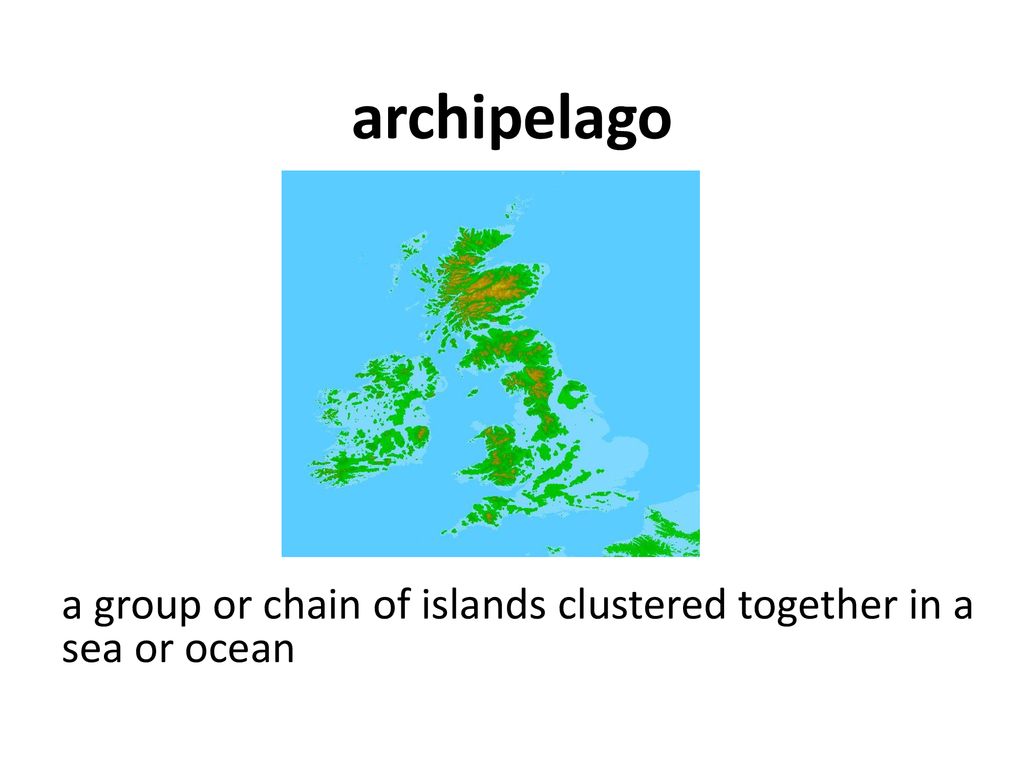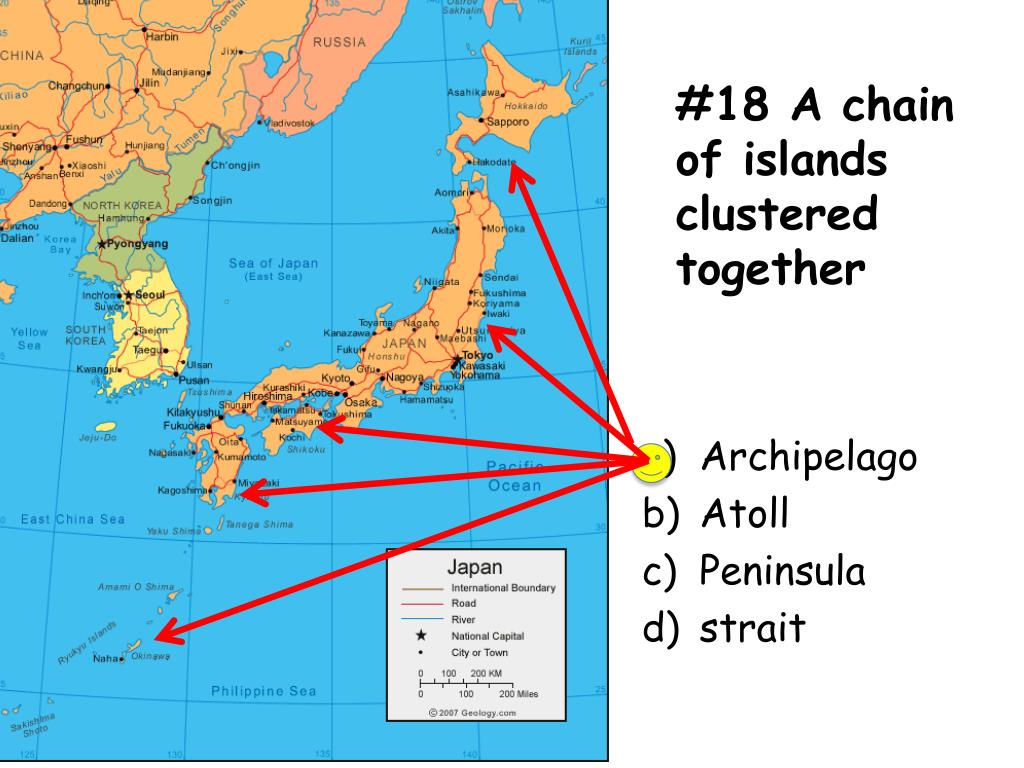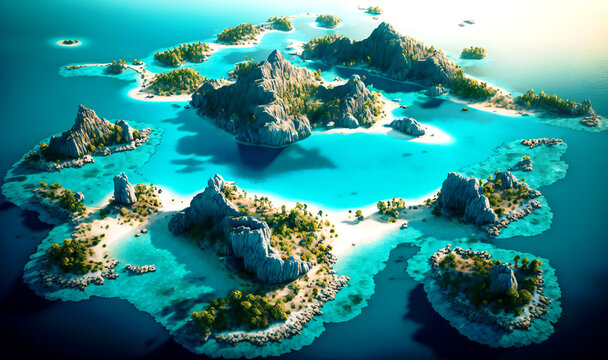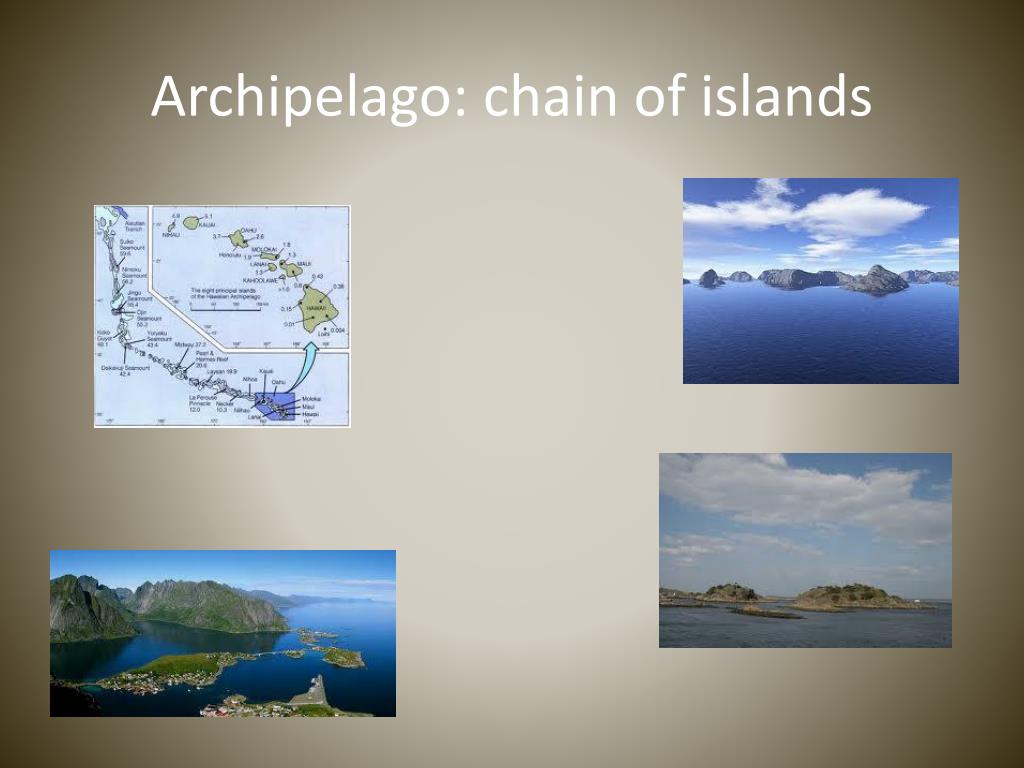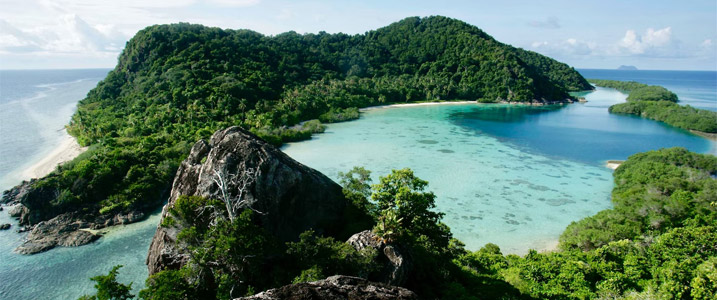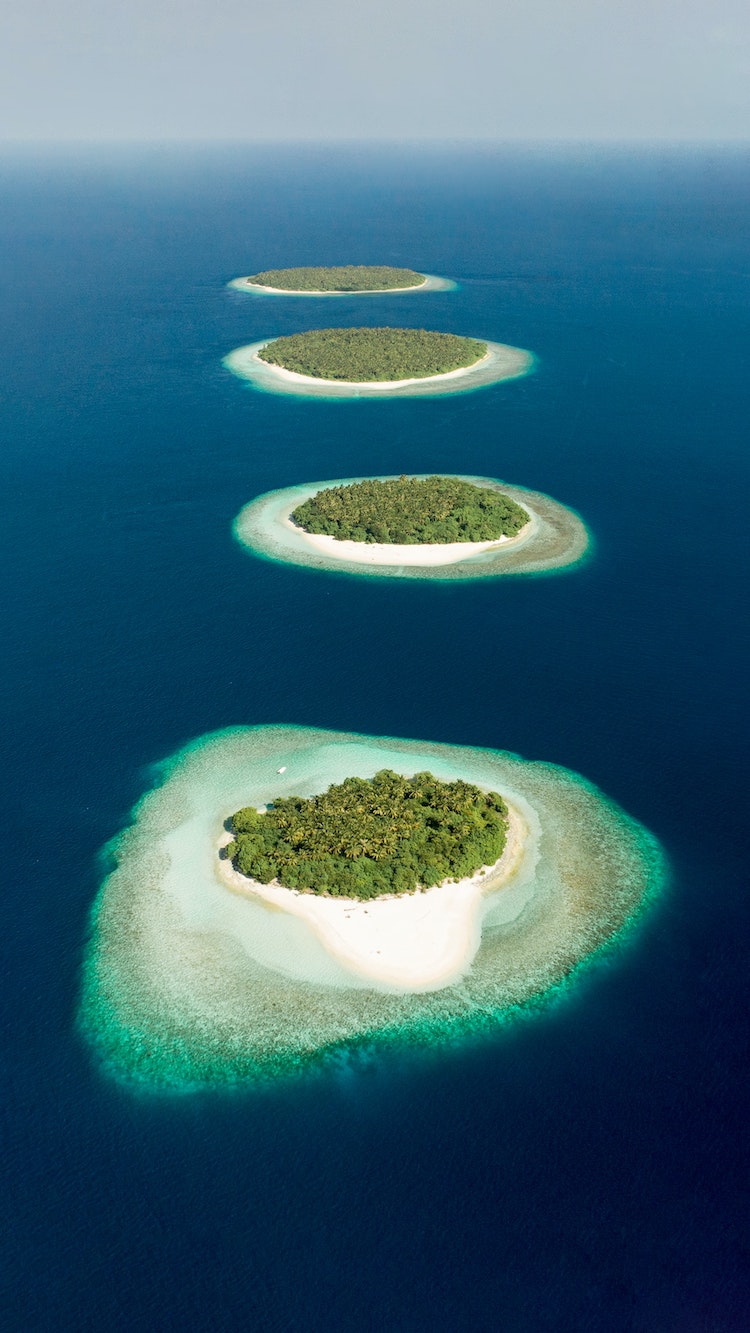A Group Or Chain Of Islands
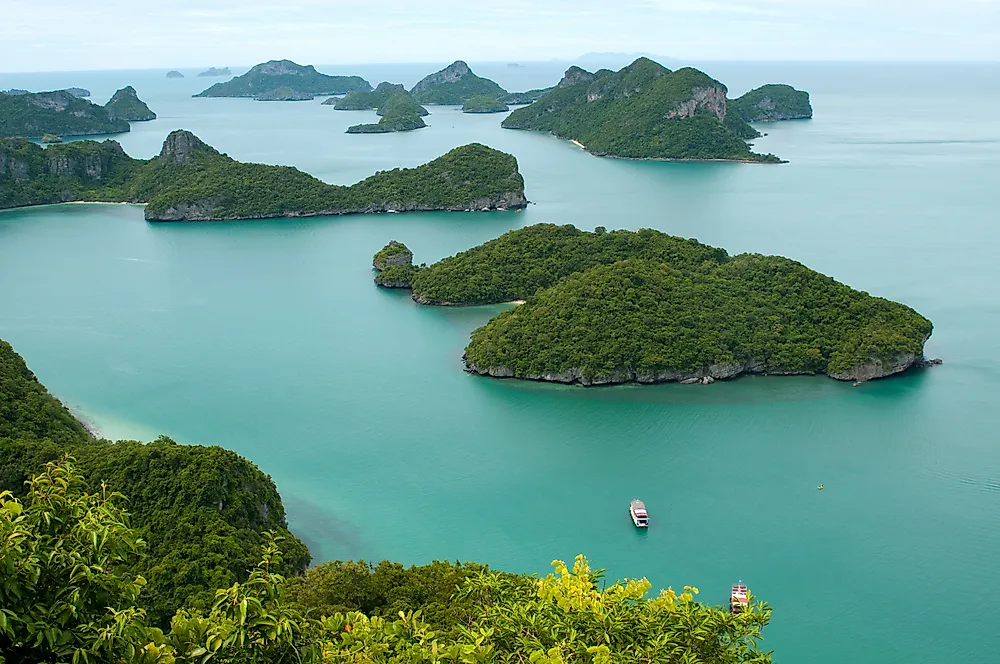
Rising sea levels and increasing frequency of extreme weather events are posing an existential threat to island nations worldwide. The delicate balance between human habitation and the natural environment is tilting precariously, forcing communities to confront displacement, economic hardship, and cultural loss. The future of these island chains hangs in the balance, demanding urgent action and international cooperation.
The Maldives, an archipelago of nearly 1,200 islands in the Indian Ocean, serves as a stark reminder of the challenges faced by low-lying island nations. With an average elevation of just 1.5 meters above sea level, the nation is exceptionally vulnerable to the impacts of climate change. This article delves into the multifaceted issues confronting the Maldives, exploring the science behind the threats, the socio-economic consequences, and the strategies being implemented to safeguard its future.
Climate Change Impacts
Scientific data unequivocally demonstrates the link between rising global temperatures and the increasing vulnerability of the Maldives. The Intergovernmental Panel on Climate Change (IPCC) projects a continued rise in sea levels, with potentially devastating consequences for the archipelago. Coastal erosion, inundation of freshwater sources, and damage to critical infrastructure are already prevalent issues.
Ocean acidification, caused by the absorption of excess carbon dioxide from the atmosphere, is also severely impacting the coral reefs that surround and protect the islands. Coral bleaching, a phenomenon triggered by elevated water temperatures, weakens the reef structure, making it more susceptible to erosion and less capable of buffering the islands from storm surges.
Economic Vulnerabilities
The Maldives' economy is heavily reliant on tourism and fishing, both of which are directly threatened by climate change. Degradation of coral reefs diminishes the appeal of the islands as a diving and snorkeling destination. Declining fish stocks further jeopardize the livelihoods of local communities that depend on fishing for sustenance and income.
Saltwater intrusion into freshwater aquifers compromises the availability of potable water, forcing reliance on costly desalination plants. The disruption of essential resources and economic activities is creating a vicious cycle of poverty and displacement.
Socio-Cultural Consequences
The potential displacement of entire communities poses a profound threat to the unique cultural heritage of the Maldives. The traditional way of life, intricately woven around the ocean and the islands, is at risk of disappearing altogether. Relocating populations to higher ground, either within the Maldives or abroad, presents significant logistical and social challenges.
Psychological distress and mental health issues are becoming increasingly prevalent as residents grapple with the uncertainty and fear of losing their homes and livelihoods. The erosion of social cohesion and the loss of cultural identity are among the less tangible but equally devastating consequences of climate change.
Adaptation and Mitigation Strategies
The Maldivian government is actively pursuing a range of adaptation and mitigation strategies to combat the effects of climate change. Investment in coastal protection measures, such as seawalls and artificial reefs, aims to mitigate erosion and protect vulnerable infrastructure.
The promotion of sustainable tourism practices seeks to minimize the environmental impact of the industry and preserve the natural beauty of the islands. Efforts to diversify the economy and reduce reliance on tourism and fishing are also underway. Renewable energy projects, such as solar and wind power, aim to reduce the country's carbon footprint and promote energy independence.
"We are not just fighting for our nation, but for the planet." - Former President Mohamed Nasheed
International Cooperation
The Maldives has been a vocal advocate for international action on climate change, urging developed nations to reduce their emissions and provide financial and technological support to vulnerable countries. The nation has actively participated in international forums, raising awareness of the plight of small island developing states (SIDS).
The establishment of the Green Climate Fund (GCF) offers a potential avenue for accessing financial resources to support adaptation and mitigation projects in the Maldives. However, bureaucratic hurdles and complex application processes often hinder access to these funds. The Paris Agreement, while a significant step forward, requires further strengthening and implementation to achieve its goals of limiting global warming.
The Future of the Maldives
The future of the Maldives remains uncertain, contingent on the effectiveness of adaptation and mitigation efforts both domestically and globally. While the challenges are immense, the resilience and determination of the Maldivian people offer a glimmer of hope.
Innovation in sustainable technologies, coupled with strong international cooperation, is crucial for securing a viable future for the archipelago. The fate of the Maldives serves as a stark warning of the consequences of inaction on climate change, urging the world to prioritize the protection of vulnerable communities and ecosystems. The story of the Maldives is not just a local concern; it is a global call to action.

